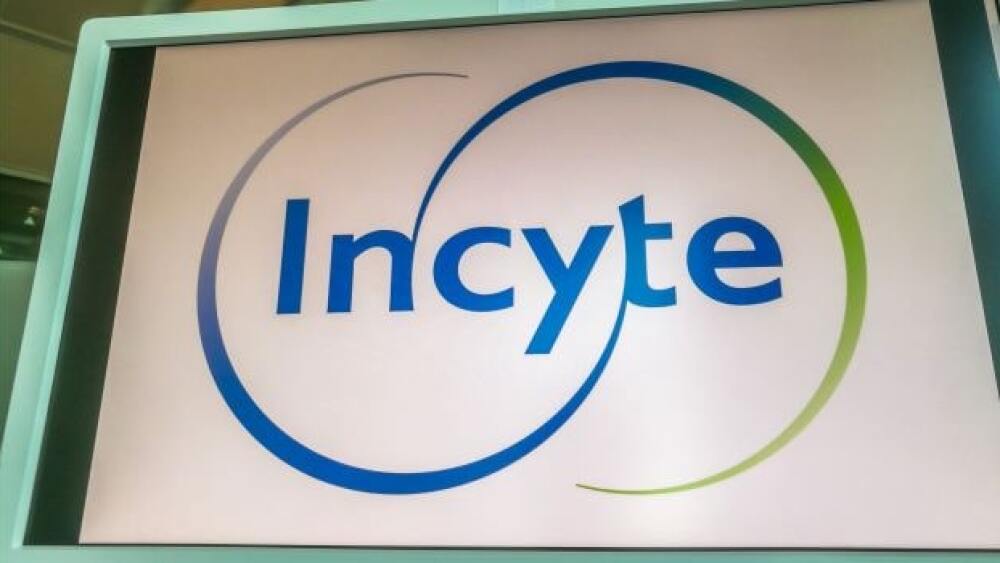Incyte Corporation reported that the FDA has pushed back the review of the company’s supplemental New Drug Application (sNDA) for Opzelura (ruxolitinib cream) for vitiligo.
Courtesy of Eyesonmilan/Shutterstock
On Monday, Incyte Corporation reported that the U.S. Food and Drug Administration (FDA) had pushed back the review of the company’s supplemental New Drug Application (sNDA) for Opzelura (ruxolitinib cream) for vitiligo. The agency required additional time to review more data from the ongoing Phase III trial that the company submitted upon request. The new PDUFA date is July 18, 2022.
Opzelura is a formulation of Incyte’s selective JAK1/JAK2 inhibitor ruxolitinib. It’s the only topical JAK inhibitor approved in the U.S. for topical short-term and non-continuous chronic treatment of mild to moderate atopic dermatitis (AD) in patients 12 years of age and older who are non-immunocompromised and whose disease isn’t adequately controlled with other topical therapies.
The ongoing Phase III TRuE-V program, which includes TRuE-V1 and -V2, is studying the drug compared to vehicle (placebo) in more than 600 adolescents and adults aged 12 and older with non-segmental vitiligo. Vitiligo is a dermatological condition where the skin loses its melanocytes, or pigmented cells. This causes discolored patches of skin.
“We are confident in the data from the TRuE-V clinical trial program which supports our sNDA submission for ruxolitinib cream in vitiligo, and we look forward to bringing this innovative topical treatment to patients with vitiligo in the United States for whom there are no approved therapies that address repigmentation,” said Dr. Steven Stein, Incyte’s chief medical officer.
In September 2021, the FDA approved Opzelura cream for atopic dermatitis. At that time, it had previously had an earlier PDUFA date as well, but the FDA had requested more information. The agency then declared a major amendment and pushed back the target action date by three months.
Earlier that year, Incyte presented 52-week safety and efficacy data from the two Phase III TRuE-AD trials at the Revolutionizing Atopic Dermatitis (RAD) virtual symposium. That date was used for the atopic dermatitis approval. The studies met both the primary and key secondary endpoints, including patient-reported outcomes.
On Oct. 2, 2021, Incyte announced full results from the pivotal Phase III TRuE-V study of Opzelura in adolescents and adults aged 12 years and up with nonsegmental vitiligo. The Week 24 analysis demonstrating treatment with 15% ruxolitinib cream twice a day showed greater improvement than vehicle for all primary and key secondary endpoints in both the TRuE-V1 and -V2 studies.
At Week 24, 29.9% of patients in the ruxolitinib group achieved 75% or greater improvement from baseline in the facial Vitiligo Area Scoring Index (F-VAS175), which was the study’s primary endpoint. More than 51% of the ruxolitinib group had 50% or greater improvement from baseline in F-VASI50 and more than 15% hit 90% or higher in F-VASI90, key secondary endpoints.
The overall safety profile was consistent with previous studies, with no clinically significant application site reactions.
At the time, Vice-Chair of Research and Education at the Dermatology Department at Tufts Medical Center Dr. David Rosmarin stated, “The skin depigmentation associated with vitiligo can have a profound impact on a person’s life and patients are in need of additional treatment options. I am extremely encouraged about the potential of ruxolitinib cream, as evidenced by the clinically meaningful improvements in repigmentation shown in the pivotal trials, and the potential benefits it may bring for my patients.”
The company’s non-topical formulation of ruxolitinib is Jakafi, which is indicated for polycythemia vera, myelofibrosis, and acute and chronic graft-versus-host disease. In the fourth quarter of 2021, Jakafi brought in $592 million, for a total of $2.135 billion in yearly sales.
Opzelura wasn’t launched until late in 2021, but at the company’s year-end report, company chief executive officer Herve Hoppenot said, “Our launch of Opzelura has been very successful thus far. Nearly 19,000 patients were treated in the fourth quarter and feedback from both dermatologists and patients has been very positive. Importantly, we have also made significant progress towards ensuring optimal patient access to Opzelura.”





